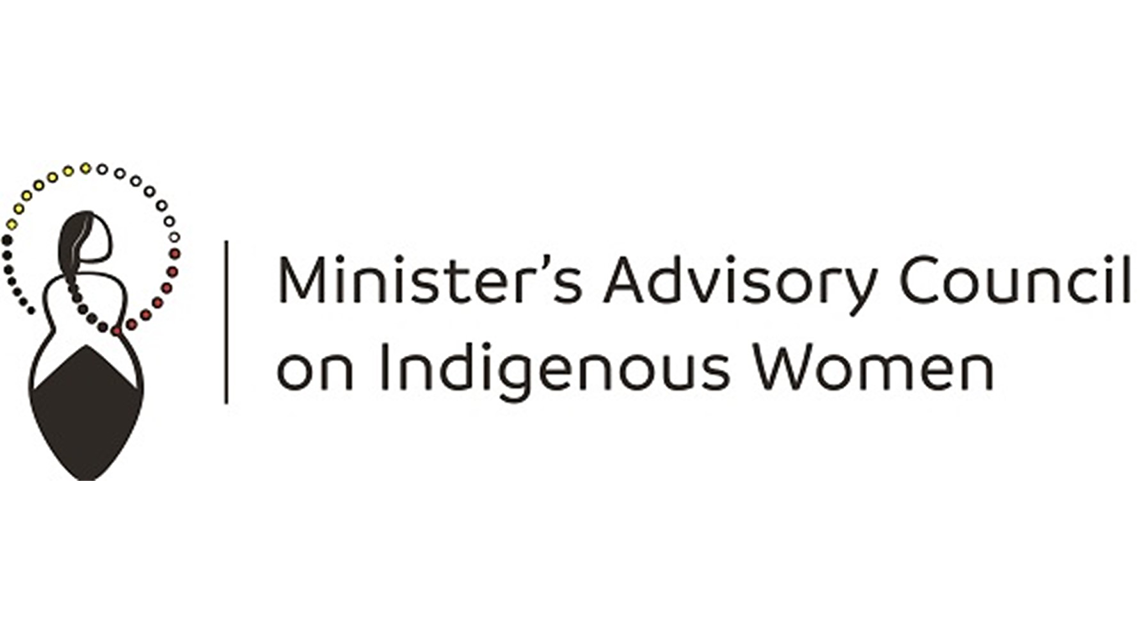Giving Voice

Thank you for your interest in Giving Voice.
The 2024-25 round of funding has been distributed and we are not taking further applications at this time.
For more information, please contact givingvoice@gov.bc.ca
Giving Voice 2024-25
In the latest round of Giving Voice, $1 million in funding was allocated to 37 First Nations governments, Métis chartered communities, Indigenous non-profits and Indigenous friendship centres for community-based initiatives that give voice to stopping violence against Indigenous women and girls.
Learn more about the 2024-25 Giving Voice recipients:
Funding for Giving Voice in 2024-25 was made available through a new Canada-British Columbia bilateral agreement as part of the National Action Plan to End Gender-Based Violence. This initiative is one of several key actions our government is advancing under Safe and Supported: B.C.’s Gender-Based Violence Action Plan.
Background
In Canada, one in two Indigenous women is a victim of violence. However, despite representing a small percentage of the overall population, Indigenous women are three times more likely to be victims of violence, and those violent situations are eight times more likely to end in homicide.
Violence against Indigenous women exists for a variety of reasons, including patriarchal and discriminatory legislation implemented by past governments, residential schools, and systemic racism and sexism, leading to historical and ongoing oppression.
The Minister’s Advisory Council on Indigenous Women (MACIW):
MACIW is an advisory council of respected Indigenous women that was created in 2011 to advise the B.C. government on how to improve quality of life for Indigenous women and girls across the province. For additional information, visit About MACIW.
MACIW’s Guiding Principles:
- Community driven and community-based: the voices of Indigenous women, men and children must be heard, and this will ensure that strategies and initiatives are truly responsive; services are accessible and where appropriate community-based.
- Integrity: drawing on Indigenous cultures and traditions is essential to creating culturally appropriate policies and programs.
- Partnership: collaboration, partnership and coordination at the community, regional, provincial and federal levels are needed to end violence.
- Awareness: sharing our knowledge, history, skills and understanding will build support and momentum for ending violence.
- Safety: special attention must be made to ensure that all services and supports for Indigenous women and girls are provided in ways that support their physical and emotional safety.
Giving Voice
There are many strong, courageous individuals and organizations that work diligently to stop violence against women and girls. To add to these efforts, MACIW launched its Giving Voice funding initiative in 2013 to “give voice” to issues of violence within the lives, families, and communities of Indigenous women and girls.
Giving Voice supports community-led projects that provide opportunities for healing and aim to stop violence by changing behaviours and attitudes and mobilizing communities.
To learn more, watch the Giving Voice Video or contact givingvoice@gov.bc.ca.
For more information contact: givingvoice@gov.bc.ca
For more information about the program go to:
- Giving Voice Video
- View Giving Voice 2019-21 Year 1 Report online
- Giving Voice 2019-21 Year 1 Report - accessible PDF
- Giving Voice 2019-21 Year 1 Report - printable PDF
